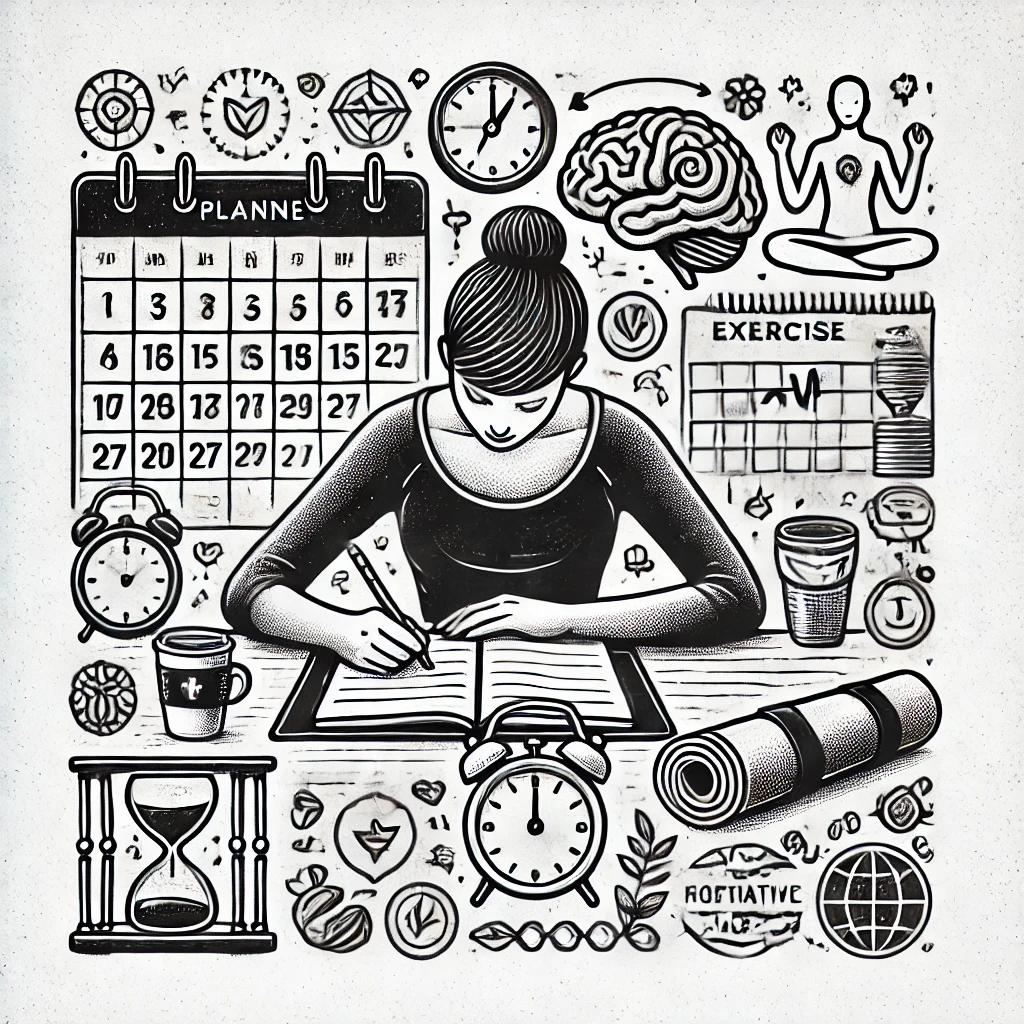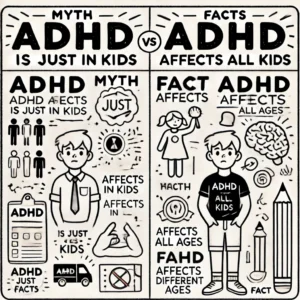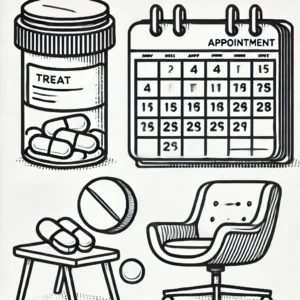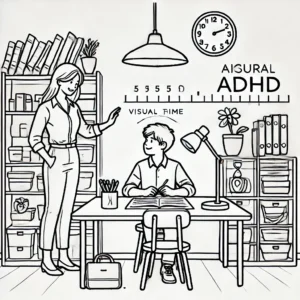Lifestyle Strategies for Managing ADHD
ADHD (Attention Deficit Hyperactivity Disorder) can pose challenges in daily life, including maintaining focus, managing time, and staying organized. While medical treatments like medication and therapy are effective, lifestyle strategies play a critical role in managing symptoms and improving overall well-being.
Here are some practical and evidence-based strategies to help individuals with ADHD thrive:
1. Establishing Structured Routines
Having a predictable daily schedule can reduce stress and improve productivity.
- Morning Routines: Begin the day with consistent tasks like setting out clothes and preparing breakfast the night before.
- Work or Study Blocks: Use tools like the Pomodoro Technique to break work into manageable chunks with breaks.
- Bedtime Rituals: Establish a calming bedtime routine to support better sleep, as sleep issues are common in ADHD.
2. Using Reminder Tools and Technology
- Digital Planners and Apps: Tools like Google Calendar or apps like Evernote can track appointments, deadlines, and to-do lists.
- Physical Reminders: Sticky notes, whiteboards, and timers are low-tech but effective options.
3. Incorporating Regular Exercise
Exercise is a proven way to reduce ADHD symptoms by increasing dopamine and norepinephrine levels in the brain.
- Aerobic Exercises: Activities like running, swimming, or cycling improve focus and energy.
- Mind-Body Practices: Yoga or tai chi combines physical activity with mindfulness, helping with emotional regulation.
4. Practicing Mindfulness and Meditation
Mindfulness helps individuals with ADHD manage impulsivity and stress by increasing self-awareness.
- Guided Meditation Apps: Apps like Headspace or Calm offer ADHD-friendly exercises.
- Mindfulness Breaks: Short, 5-minute breathing exercises throughout the day can help refocus.
5. Maintaining a Balanced Diet
A nutrient-rich diet supports brain function and energy levels.
- Omega-3 Fatty Acids: Found in fish or supplements, these have been linked to improved attention.
- Protein-Rich Foods: Protein helps regulate dopamine levels, aiding focus and alertness.
Resources for Additional Support
- ADHD Foundation: Offers guides and resources to help manage ADHD through practical strategies.
ADHD Foundation Resources - ADHD Coaching UK: Provides tailored coaching programs for ADHD management.
ADHD Coaching UK Services









